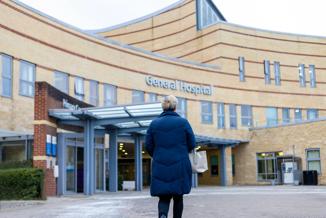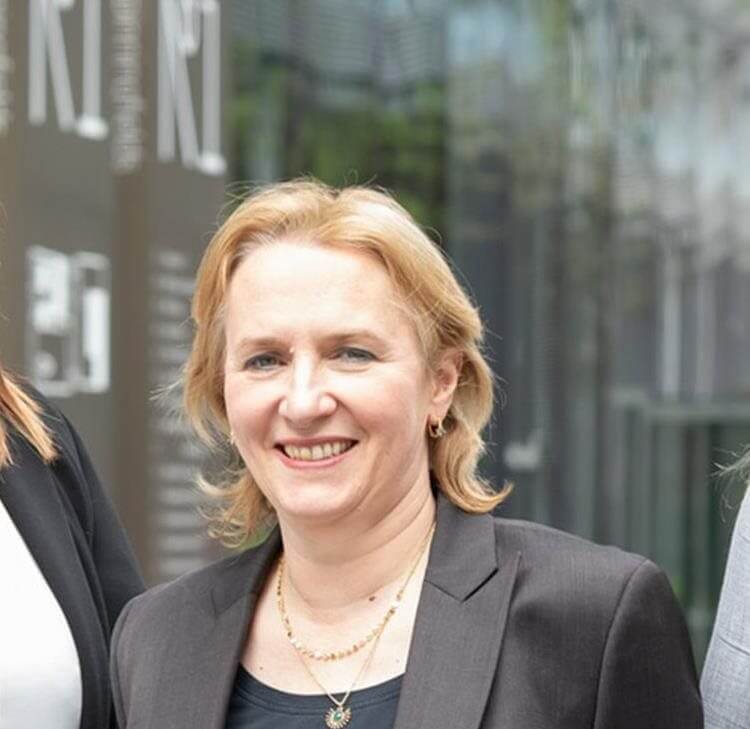Hertfordshire County Council v AB [2018] EWHC 3103 (Fam)
This case considered whether the High Court’s inherent jurisdiction can be used to authorise a deprivation of liberty of a patient with capacity who is subject to a conditional discharge under the Mental Health Act 1983.
This case considered whether the High Court’s inherent jurisdiction can be used to authorise a deprivation of liberty of a patient with capacity who is subject to a conditional discharge under the Mental Health Act 1983.
AB was a 28 year old man who was subject to a s.37/41 restriction order under the Mental Health Act 1983 following convictions for two counts of rape and one count of sexual assault of a child. AB had an assessed IQ of 71, which amounted to a mild learning disability.
AB was conditionally discharged from hospital in June 2016 by the First-tier Tribunal which included a requirement to comply with his care and risk management plan. It was clear that AB had the capacity to understand and consent to his care, support and accommodation arrangements, despite his diagnosis of a mild learning disability. Since his discharge AB’s compliance with his care and treatment had been good. As part of his care plan AB was supervised at all times across a twenty-four hour period including when he was visiting his family. AB consented to these conditions in 2016 and continued to do so. He understood that if he did not adhere to his care and risk management plan it would be likely that he would be recalled to hospital very quickly.
In light of the recent Supreme Court judgment in Secretary of State for Justice (Respondent) v MM (Appellant) [2018] UKSC 60 (which held that Mental Health Act 1983 does not permit either the First Tier Mental Health Tribunal or the Secretary of State to impose conditions amounting to detention or a deprivation of liberty upon a conditionally discharged restricted patient), the Local Authority applied to the High Court seeking an order under its inherent jurisdiction to authorise the deprivation of AB’s liberty. They relied on the case of Re SA (Vulnerable Adult with Capacity: Marriage) [2006] 1 FLR 867 (quoted approvingly by the Court of Appeal in DL v. A Local Authority [2012] EWCA Civ 253, [2013] Fam 1) which stated that the inherent jurisdiction extends to a wider class of vulnerable adults than just those who lack capacity, extending to other vulnerable adults who, even if not incapacitated by mental disorder or mental illness, is, or is reasonably believed to be, either
(i) under constraint or
(ii) subject to coercion or undue influence or
(iii) for some other reason deprived of the capacity to make the relevant decision, or disabled from making a free choice, or incapacitated or disabled from giving or expressing a real and genuine consent.
In the case of AB the court was satisfied that AB was a vulnerable adult to whom the inherent jurisdiction may be applied but did not consider that he fell into any of the three categories above.
The Local Authority also submitted that the inherent jurisdiction could be extended to cover the circumstances of AB’s case, based on the applicable principles expressed in the case of Anderson v Spencer [2018] EWCA Civ 100, [2018] 2 FLR 547. In that decision, the Court of Appeal held that the inherent jurisdiction could be extended in the particular circumstances of that case where there was a ‘legislative void’. In the case of MB it was argued that firstly, it was clear that there was no legislative provision governing this situation in that the Mental Health Act provided no remedy; secondly, that it was in the interests of justice; and, thirdly, that there were sound and strong public policy justifications.
The court accepted the arguments advanced by the Local Authority in respect of the extension of the inherent jurisdiction to encompass the particular circumstances of AB’s case. Considering very carefully in the round all the circumstances of this case together with the law, the court was persuaded to give an order under the inherent jurisdiction authorising the deprivation of liberty which arose from the terms of AB’s community care plan to run alongside the conditional discharge.
Mrs Justice Gwyneth Knowles also commented:
“It may well be that my decision is inevitably of short life, but I am persuaded by the Court of Appeal’s suggestion made in paragraph 33 of MM that recourse might properly be had to the exercise of the High Court’s powers as a means of providing lawful authorisation for conditions of discharge amounting to a deprivation of liberty for a capacitous patient such as AB”
Comment
This judgment for now provides a potential vehicle to effect the conditional discharge of restricted patients into the community who require continuous supervision and control that amounts to an objective DoL where the patient has capacity.
However this is a first instance case so may be overturned by higher courts in due course.
This judgment was handed down on 14 December 2018. The judgment can be accessed at the following link: https://www.bailii.org/ew/cases/EWHC/Fam/2018/3103.html









































